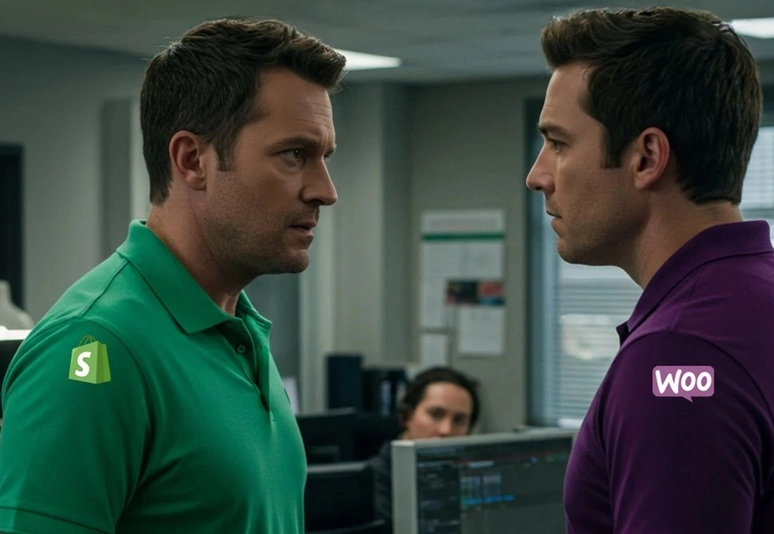Social Media
Marketing Agency
Make your brand stand out on platforms where your audience spends most of their time.

Attention Grabbing Social Media Marketing
Our social media strategies will suit most businesses’ products or services. From small retailers and start up companies all the way up to major corporations, we will make sure you are utilising the right platforms and targeting the correct market segments to build both your brand, product, and campaign awareness. Let our digital marketing agency handle your social media ads on both Facebook and Instragram so you can have more time processing sales and helping your customers.

We Got You Covered!
Our social media marketing agency has your back every step of the way
No Lock In Contracts
That is correct. We will not lock you into a contract with minimum terms as we are confident in delivering results.
Campaign Creatives Included
After you send us your branding and imagery. We design your ads and send them to you for approval before going live on Facebook or Instagram.
Monthly Reporting
We will go through the results of your campaign each month and how to improve moving forward to maximise your ROI

Build Brand Trust With The Right Social Media Strategy
No matter how competitive you are with your pricing, a lot of people normally buy from brands that they trust. 71% of online shoppers prefer to buy a product or utilise a service from a brand they recognise. With the right social media strategy we can build the trust of your brand so you will increase positive brand awareness and followers, but most importantly make you lots of money!
Our Social Media Marketing Consists of
Using The Following Platforms Mostly:
Facebook & Instagram
Release your brands full power as Digital Debut focus on Facebook and Instagram ads.
Facebook and Instragram consist of nearly 3 billion active users, so you can easily cater to your target audience and the ability to engage with potential customers. Facebook and Instagram Social Media Ad campaigns are effective as they attract attention and stimulate action. It is also very convient to advertise on these platforms as everything is managed within the meta business manager, and with access to nearly half the worlds population of adults, you can be sure you are getting infront of your target market to show off your products and services.
Dont let this opporuntiy pass you by. Partner with Digital Debut today, and see your brand flourish online!
Some kind words from customers who have worked with us for Social Media Marketing
Trustindex verifies that the original source of the review is Google. Ive been working woth the team at Digital Debut for years, and Deniz is a magician when it comes to SEO!! Thank you for all the help!!Trustindex verifies that the original source of the review is Google. We have been nothing but satisfied by the services Deniz from Digital Debut provides. Timely and professional and nothing is ever a problem. So glad we switched a few years ago!Trustindex verifies that the original source of the review is Google. after many years of lookinf for an SEO expert Deniz came across and I found him Understanding and Practical. From his Analysis and Reporting he gain Trust and Confidence. Thank youTrustindex verifies that the original source of the review is Google. Deniz is really great. Big help with out rankingsTrustindex verifies that the original source of the review is Google. Deniz is simply a man of class and professionalism. True master of his craft, we’d recommend digital debut to anyone focusing on growing their business. Thanks heaps mate.Trustindex verifies that the original source of the review is Google. Digital Debut are my go-to for advice for SEO and campaigns. With their help I've been able to build search engine friendly websites. I cannot recommend them enoughTrustindex verifies that the original source of the review is Google. We refer all our clients to Deniz when asked for SEO. He's advice has helped us build high converting websites for our clients, and ongoing campaigns continue to deliver value to our clients. Deniz is easy to talk to and happy to help.Trustindex verifies that the original source of the review is Google. Thanks Deniz, it has been an absolute pleasure working with Digital Debut. Delving into the world of SEO when it is not your area of expertise can be daunting, but your knowledge and professionalism coupled with being so easy to work with has made this such a smooth process. Thank you for helping to get our signage business "seen and heard" in a highly populated digital world. Would definitely recommend !!! Kim - Alpha Lewis SignsTrustindex verifies that the original source of the review is Google. Easy to communicate with and fantastic website. Lots of traffic happening through the website. Awesome leads. Thanks so much for your hard work..Trustindex verifies that the original source of the review is Google. Great to work with. Go Beyond what I expected from their services. Really helped to increase the customer base for our organization and improve our rankings in search engines.

Frequently asked questions about Social Media Ads
What does social media marketing ads mean?
Social media marketing ads is the process of presenting your brand to your target market through paid ads on social media channels. It involves careful advertising segmentation, strategies, attention grabbing creatives, and reporting of results.
Why should I invest in social media marketing?
It is important to invest some of your marketing budget into paid social media advertising. As nearly half of the world’s adults are on social media, it is important to find people who may be interested in your products and services to market to. This is also a great way to gain brand awareness, build trust, and create positive perceptions of your brand.
How long before I see results from the efforts of social media marketing?
Just like any marketing campaign, we need to see what is working, and what is not working and then make decisions based on these results to strategise for the months ahead. The type of product or service you are offering will also play a part here. If consumers need to go through a longer buying cycle to decide for a more expensive item it will take longer to get a result as opposed to someone selling cheaper items such as clothing.
How hard is it to learn social media marketing myself?
We believe anyone can do anything if they put their time and effort into it. However, since you are managing your own business do you have the time to learn something agencies such as ourselves have been doing for over 15 years? Not to mention, this will be an expensive learning curve as you will be spending a lot of money before you work out what is working and what isn’t. Before you know it, consumer psychology then changes which means more money wasted. Let the professionals at Digital Debut handle all this stuff for you.
Should I engage with a social media marketing agency that want me to enter into a fixed term contract?
That is up to you. An agency that will lock their customers into contracts are generally not transparent or confident enough with their services and are worried you will leave early due to not being able to get you results.












